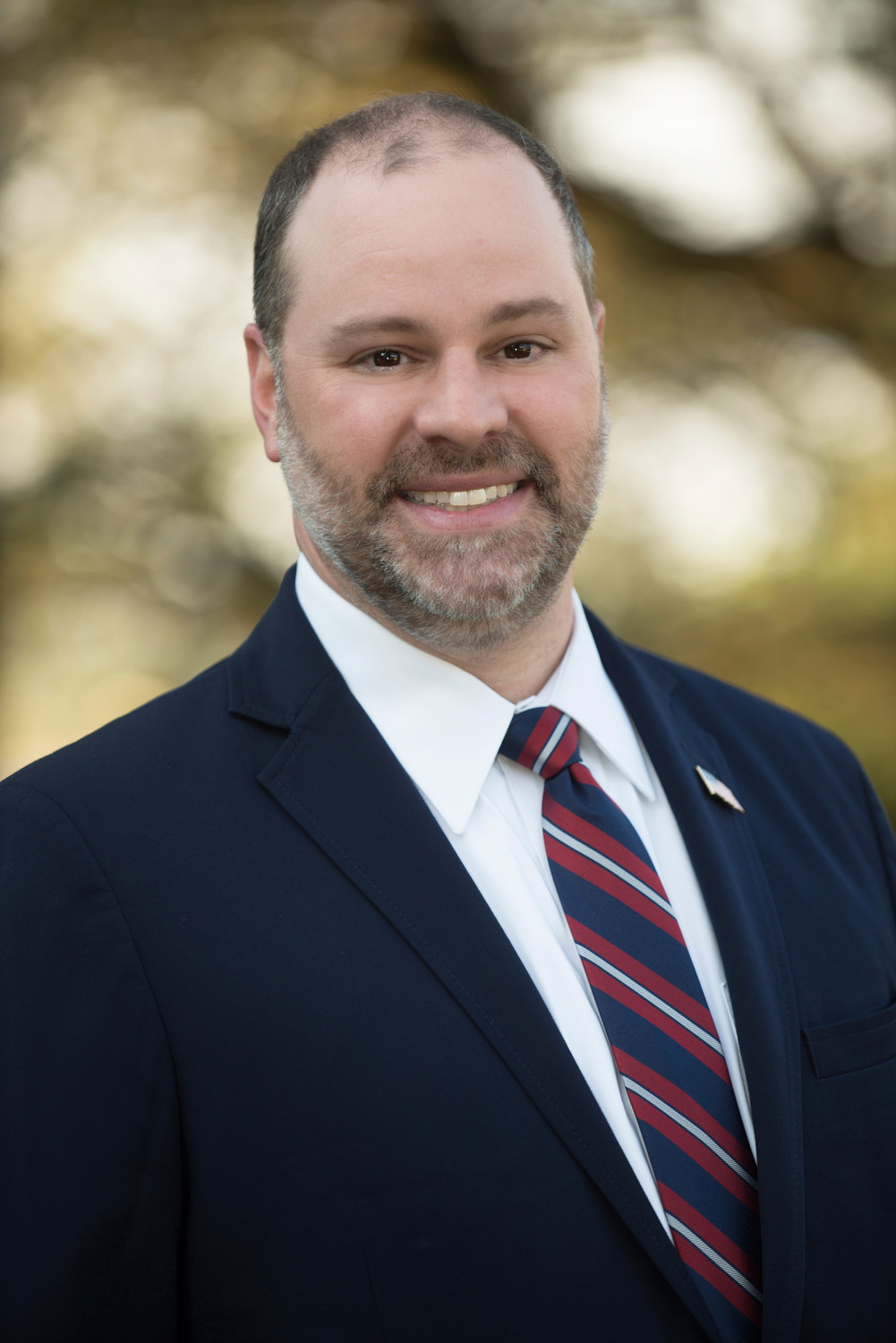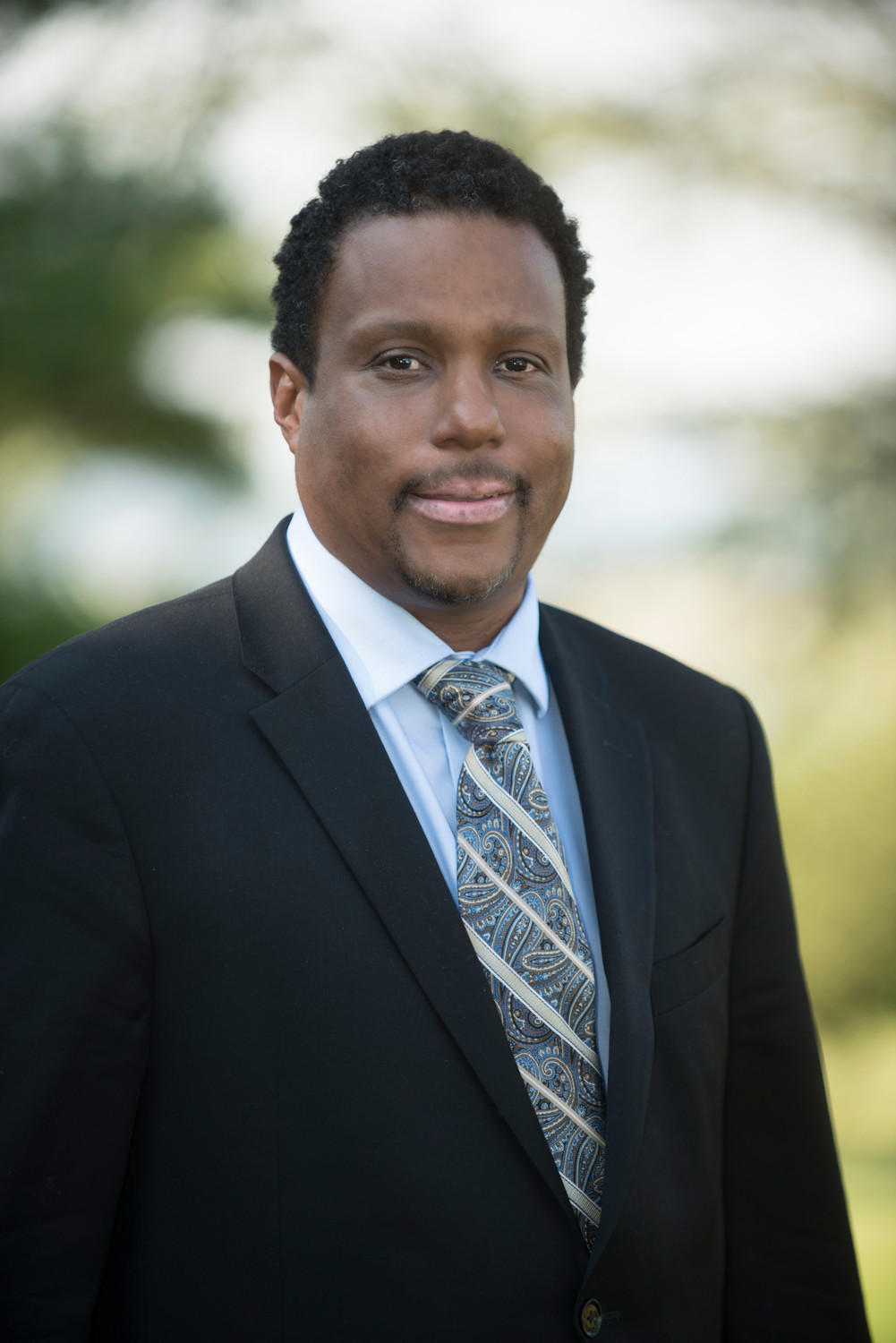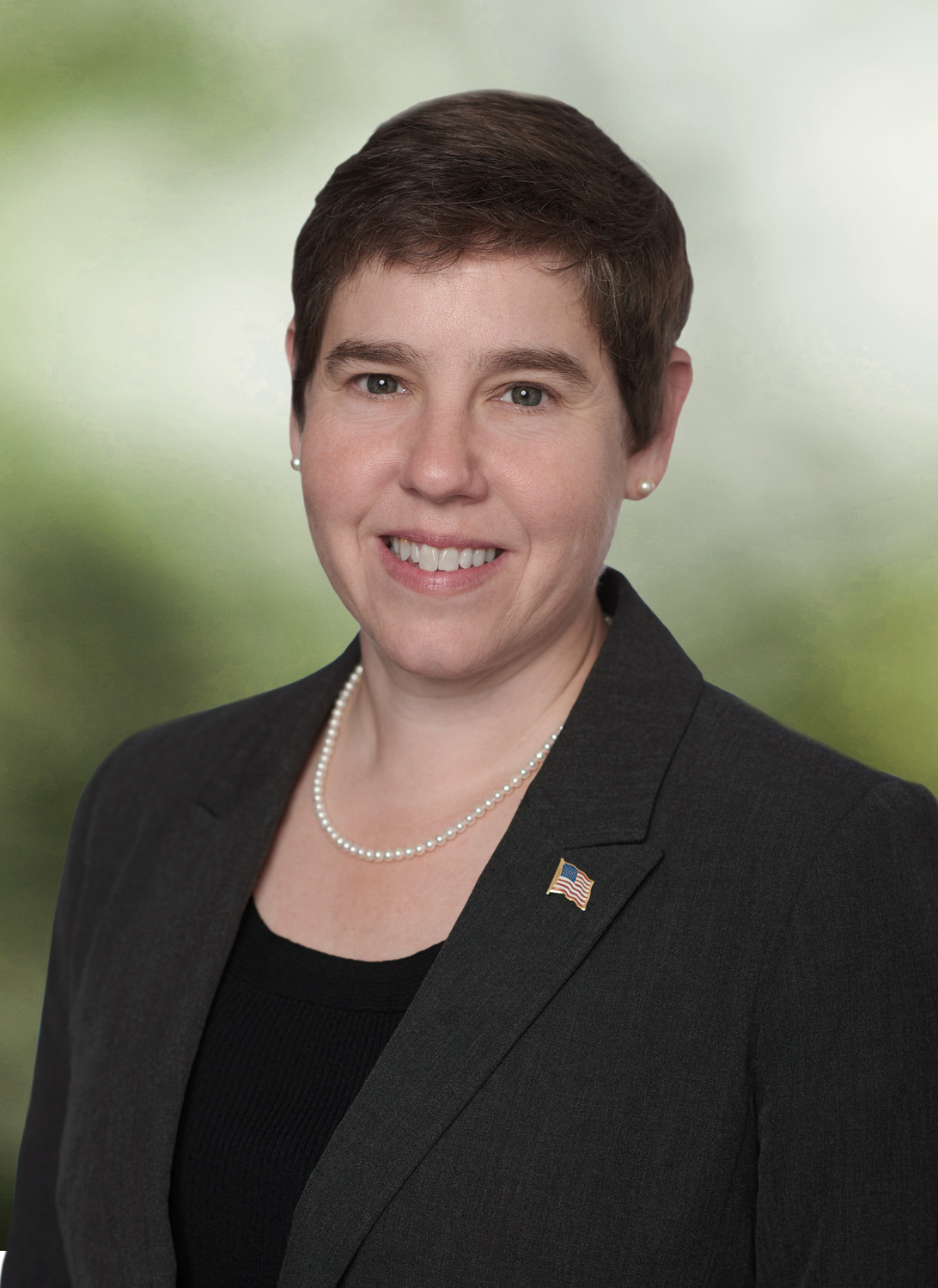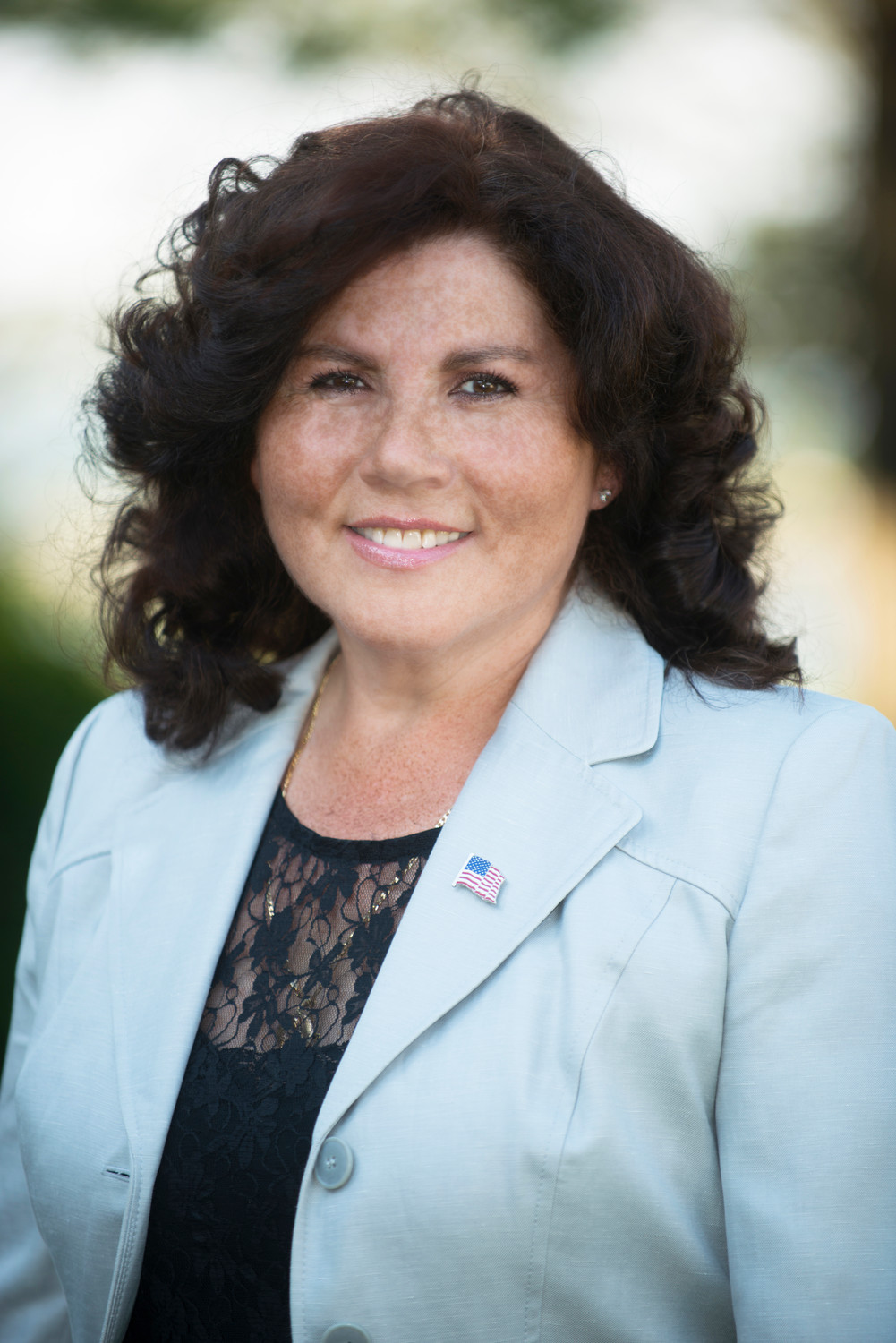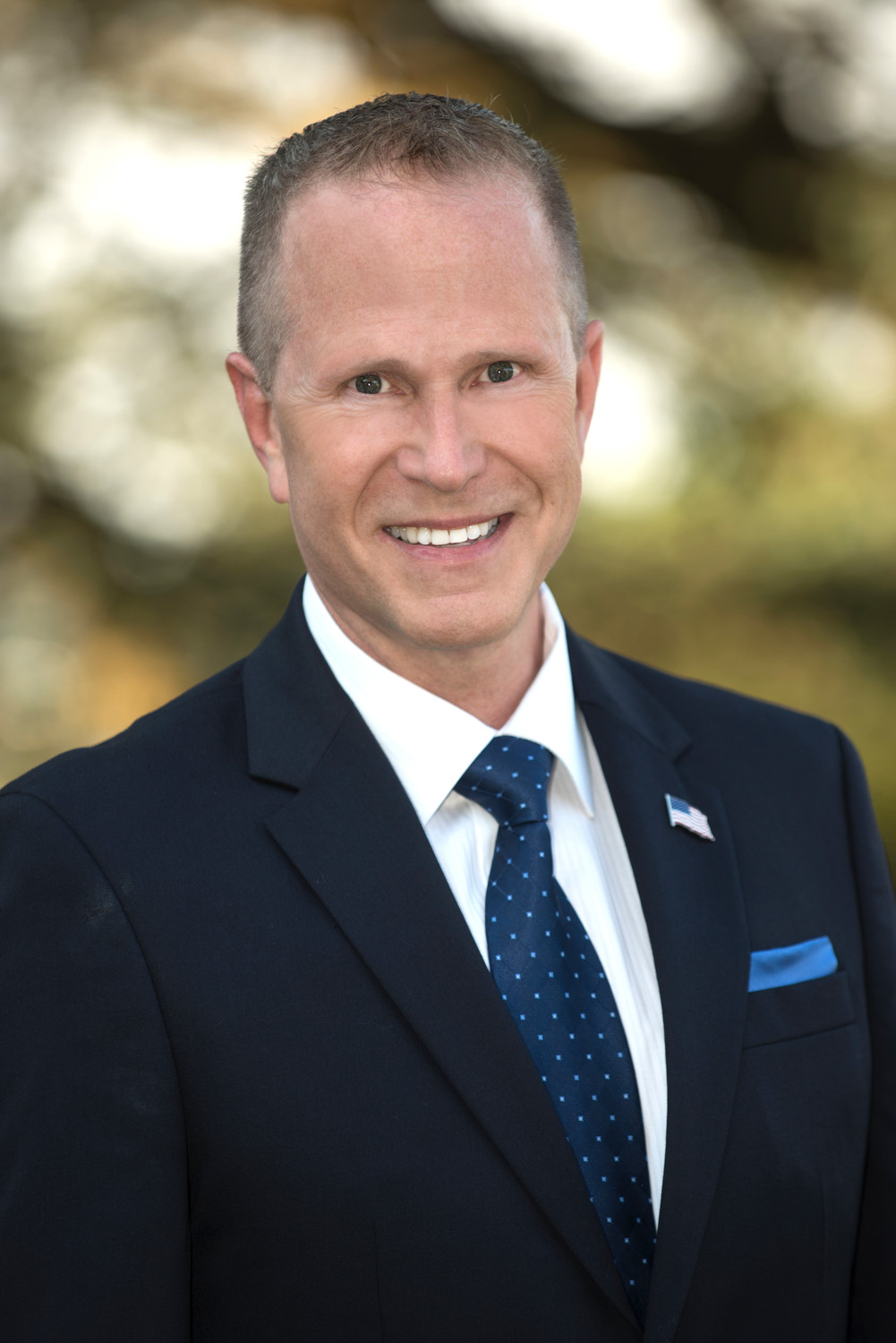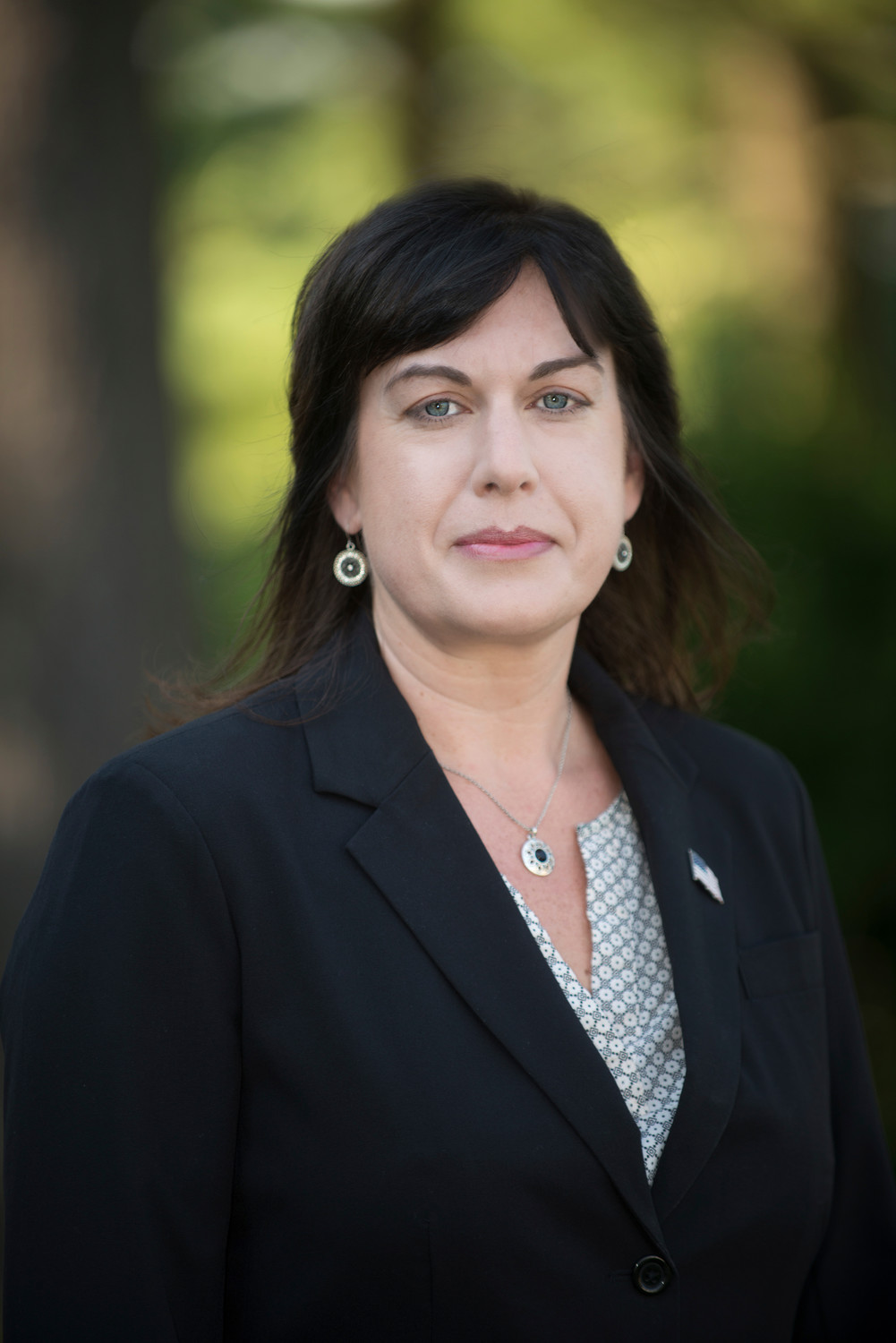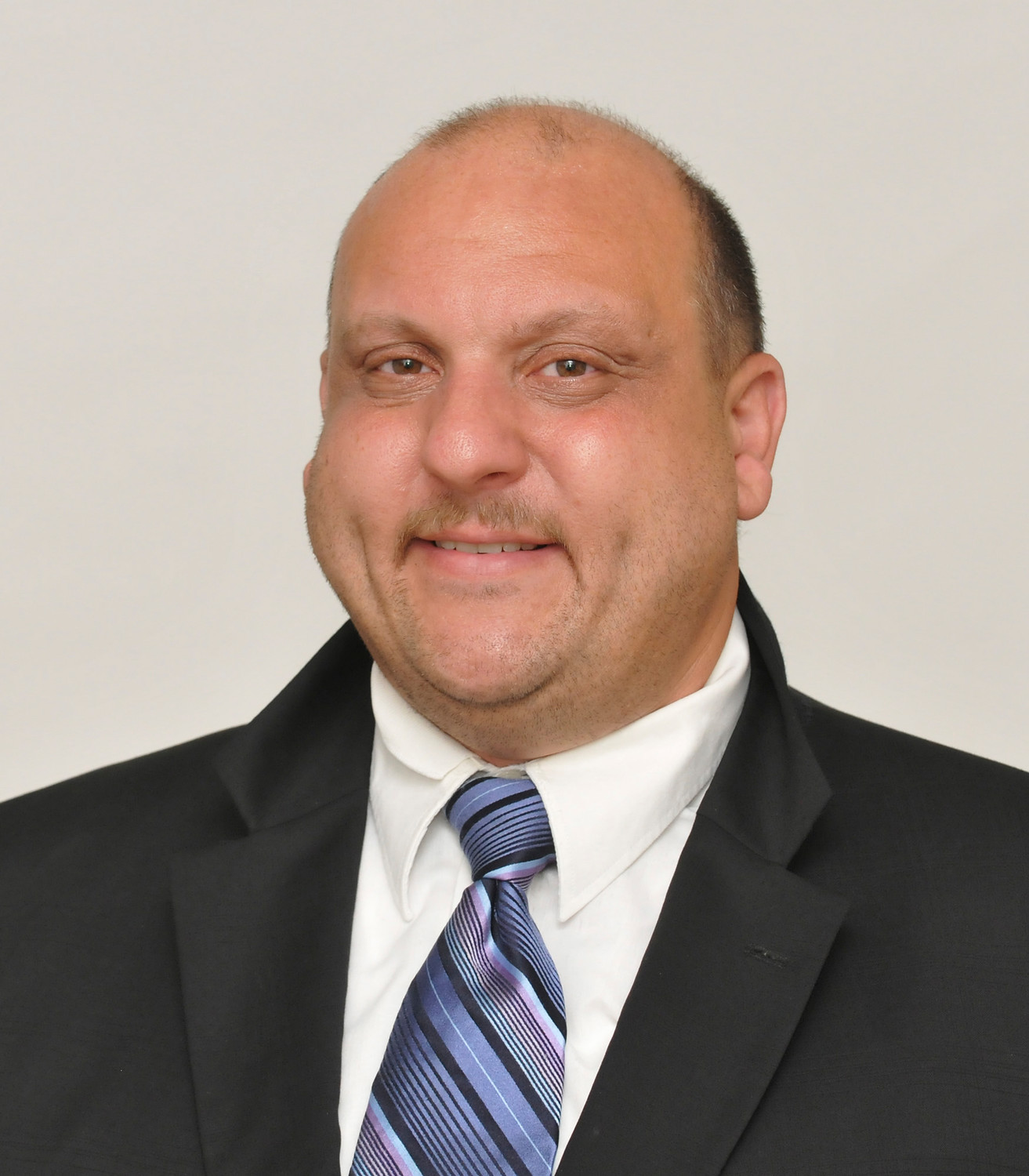Glen Cove City Council candidates
All six seats on Glen Cove’s City Council are up for grabs on Election Day. There are six candidates running on the Democratic ticket, and all are challengers. Jeffery Peress, another challenger, is running on the Green Party ticket. Incumbent Councilman Roderick Watson, a Democrat, is running on the Working Families and Women’s Reform slates. He was not available to be interviewed.
The Glen Cove Herald Gazette asked the candidates a question, which we believe is of the utmost importance. We hope their answers will help voters make an informed decision on Nov. 7.
HERALD GAZETTE: What do you believe is the most important issue currently facing Glen Cove, and how would you handle it as a City Council member?
Andrew Bennett: Taxpayers in Glen Cove are most affected by the financial deals that are associated with the city’s various development projects. The development company for the Waterfront Project received a bond from the city in excess of $90 million without any real negotiations. That’s devastating for our financial future, imposing an unnecessary burden on our citizens, who will not see substantial tax benefits for decades. I would work to ensure that all future development projects are crafted to support the needs of our city and its taxpayers without lopsided deals. Each development project should include a substantial community use project, such as additional athletic fields. I’d also like to see the return of a performance arts space, an amenity the city has been without for many years.
Marcela De La Fuente: Glen Cove is going through a series of rapid changes, from the Garvies Point development to the revitalization of the downtown, all promises to revamp our city’s economy and I support that. However, the way these deals were reached is disappointing. The current administration gave too many concessions to the developers, depriving the city of much needed taxable revenues. It forgot to include the best interests of our city’s residents. The developers understand Glen Cove is a gem, and they would not have missed the opportunity to build in our city had we asked for our fair share in the profits. Clearly the current administration doesn’t believe that, and were as a consequence, too afraid to negotiate with our best interests at heart. I will remain steadfast in demanding for what’s best for our vibrant city and community.
Annie Phillips: The two most important issues facing our city are finances and development. While there may be projects worthy of tax breaks or other incentives from the city, it seems to have become standard practice to grant these with nothing more than an application from the developer. The current administration committed to a bond that will cost our city over $200 million in future revenue to cover costs that the developer had been contractually obligated to pay, which is fiscally irresponsible and burdensome to the current taxpayers. We should shift from speculative projects of dense, luxury residences to the needs of our current population, such as affordable housing. We need affordable housing, green buildings, multi-use parks, and projects that make Glen Cove a pedestrian and bike friendly destination with a vibrant downtown and attractive recreation opportunities.
Marsha Silverman: In 2015, the state Comptroller found Glen Cove to be the most fiscally stressed municipality in N.Y., deriving from short sighted budgetary planning. The city relies on “one shot” revenues to resolve emergency budget gaps, illustrated by its recent decision to sell waterfront land for a fraction of its value to avoid a $3 million 2016 budget shortfall. The unelected IDA board, has given millions in tax breaks to developers without oversight. Glen Cove remains one of only five NYS municipalities in the “fiscally stressed” category. The budget would be better managed by expanding the budget planning process from a one year, to a three or five-year outlook. This would mitigate the need to take emergency actions such as the cheap sell-off of our assets. As the sole candidate with financial experience, including an MBA and 25 years of financial and budgeting experience for large banks, I am running to pull the city out if its financial strain and to create transparency on behalf of taxpayers and citizens.
Gaitley Stevenson-Mathews: Our city’s government does not listen to the people. Hard decisions need direct input from our citizens. The most obvious example is development. We must move from having groundbreakings to actual ribbon cuttings and make better decisions for balanced, sustainable development. Taxpayers are overburdened because of large tax breaks to developers. While tax incentives can be a terrific way to help existing businesses thrive and bring new businesses to our city, a 40-year tax break, representing $97 million in lost revenue, is excessive. Many issues facing the city can be improved with clear, open communication. Schedule meetings at convenient times to encourage participation; update the city’s website; and share information on community calendars and social media. We must make Glen Cove a community of opportunity, a place of sustainable development, cultural enrichment, strong schools and jobs. City government should listen to its citizens’ concerns and suggestions and respond to their needs.
Roger Williams: The most important issue is affordability for homeowners and business. Glen Cove is at a turning point. We have a chance to send the message that this city will be a place for all to live and strengthen it. When the city affirms that all are welcome it becomes an example of stability, and a fortress of endless possibilities. It will take a moral imagination and courage to promote and produce this vision. My goal will be to promote more dialogue with the citizens. I will provide the moral courage to put Glen Cove businesses and residents first when my vote comes to the floor.
Jeffery Peress: The most important issues are over development and the lack of transparency in the government. There are also police and immigration issues. To fix overdevelopment, I would first upgrade the zoning laws and propose a referendum to change the city charter to elect a percentage of our planning and zoning board members. For government transparency, I’d propose a city charter change for term limits for the mayor and the city council to four terms. I would revoke many decisions the Industrial Development Agency has made to give tax breaks to these developers and companies. To reduce police harassment, I would instruct the police chief to hold monthly neighborhood meetings with the community to address any neighborhood concerns.

 44.0°,
Mostly Cloudy
44.0°,
Mostly Cloudy 